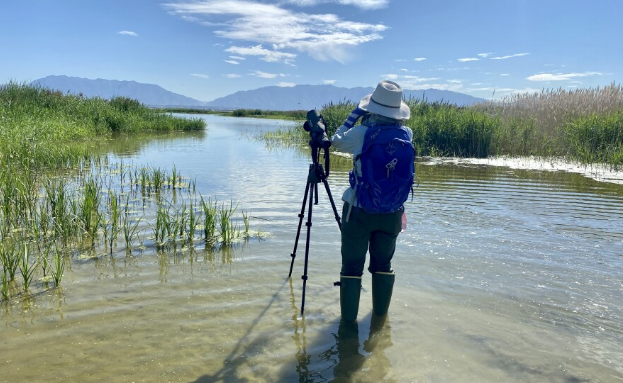Lake surveying is a crucial activity that helps understand the condition and health of lakes. It involves collecting detailed data about a lake’s size, depth, shape, water quality, and the surrounding environment.
This process is essential for various reasons, ranging from environmental protection to recreational use. In this article, we will explore why lake surveying is so important and how it helps maintain the balance of nature and human activities.
Environmental Protection
One of the main reasons lake surveying is important is because it helps protect the environment. Lakes are vital ecosystems that support many plants, animals, and microorganisms. By surveying lakes, we can assess the health of these ecosystems and detect any changes that could signal problems.
For instance, if a lake’s water quality begins to decline due to pollution or excessive algae growth, surveys help identify these issues early. With this information, proper measures can be taken to prevent further harm, such as reducing pollution or controlling invasive species.
Water Resource Management
Lake surveying plays a significant role in managing water resources. Lakes are often a source of drinking water, irrigation, and recreational activities. Having accurate data about the water levels, depth, and volume of a lake helps in managing how much water can be safely used for various purposes.
Surveys provide valuable insights into water storage capacity, which is particularly important during periods of drought or flood. This data helps governments and organizations plan for future water needs and ensure a steady, clean water supply for both urban and rural populations.
Flood and Erosion Management
Surveying lakes is also crucial for flood and erosion management. Lakes can change over time due to natural forces or human intervention. For example, sediment can build up in the lake, reducing its capacity to hold water. When heavy rains occur, lakes that have lost their ability to hold water may overflow, causing floods.
Similarly, erosion around the shoreline can affect both the lake’s health and the surrounding land. By regularly surveying lakes, scientists and engineers can monitor these changes and take proactive steps to prevent or mitigate flooding and erosion.
Recreational and Economic Benefits
Lakes are often used for recreational purposes such as fishing, boating, and swimming. Surveying these bodies of water helps ensure they remain safe and enjoyable for people. For example, it helps monitor water quality, ensuring it is safe for activities like swimming and fishing.
Surveys also contribute to tourism, as lakes with good water quality and scenic surroundings attract visitors. Local economies benefit from this, as businesses related to tourism, such as hotels, restaurants, and boat rentals, thrive when lakes are well-managed.
Conclusion
In conclusion, lake surveying is a vital process that provides essential information for protecting the environment, managing water resources, preventing floods and erosion, and ensuring recreational use. It helps scientists, government agencies, and communities understand the state of lakes and take actions to preserve them for future generations.
Whether it is for scientific research or managing the economic benefits of a lake, surveying ensures that we maintain the balance between nature and human needs.
